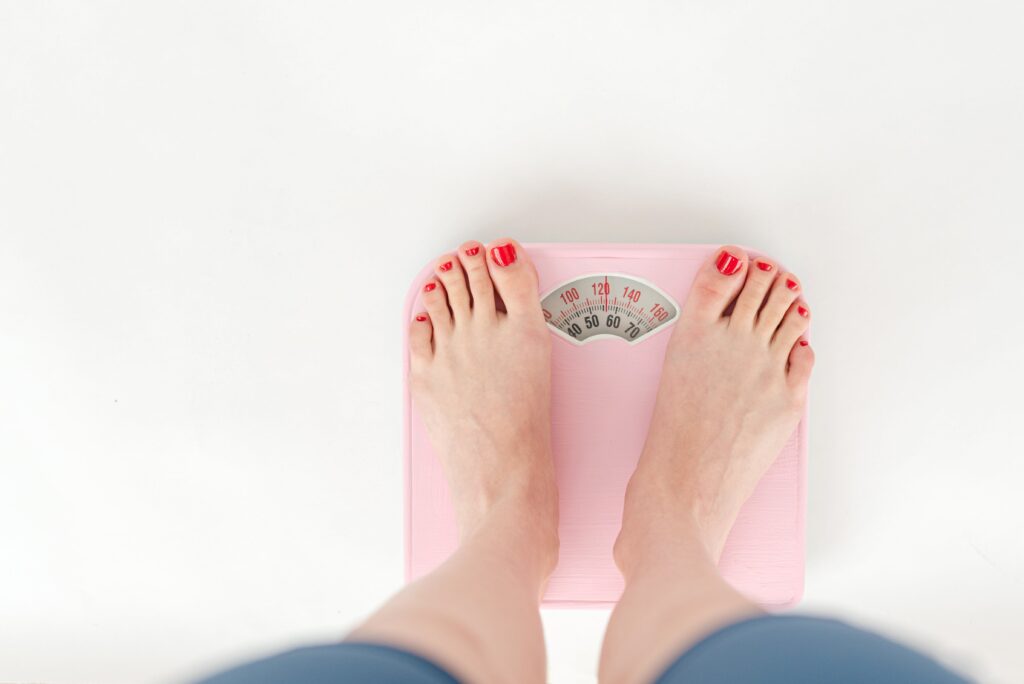Embarking on a weight loss journey is a transformative experience that raises intriguing questions about the intricacies of fat loss. Ever wondered why certain areas seem to shed fat faster than others? In this in-depth exploration, we unravel misunderstandings and delve into the scientific nuances of fat distribution, shedding light on the various factors influencing your body’s timeline for shedding those elusive extra pounds.
The Science of Fat Distribution
Inherited Impact
Your body’s fat distribution primarily relies on a complex interplay of inherited factors. Genetic predispositions and familial traits play significant roles in determining where your body tends to lose fat first, imparting a touch of uniqueness to each individual’s weight reduction journey.
Comparable Factors
Hormonal regulation, involving testosterone and estrogen, significantly influences the storage and mobilization of fat. Changes in hormones can contribute to gender-specific fat loss patterns, impacting regions such as the abdomen, hips, and thighs.
Physical Activity and Metabolic Rate
The interplay between exercise levels and metabolism is pivotal in the narrative of fat loss. Regular physical activity not only burns calories but also mobilizes fat from various areas. However, the concept of spot reduction through targeted exercises remains a subject of ongoing debate within the scientific community.

Common Misconceptions About Spot Reduction
Physical Activities for Weight Loss
Debunking the myth of “spot reduction,” which falsely claims that specific exercises like endless crunches can effectively reduce fat in a targeted area. Achieving genuine fat loss requires a combination of strength training, cardiovascular exercise, and a well-balanced diet.
Miracle Products and Waist Trainers
The allure of quick fixes, such as the notion of spot reduction through waist trainers, often leads to disillusionment. A comprehensive approach is crucial for lasting fat loss, emphasizing lifestyle adjustments and health-conscious habits over fleeting solutions.
Factors Influencing the Sequence of Fat Reduction
Physical Structure
The composition of your body, specifically the balance between muscle and fat, plays a crucial role in the pace of fat loss. Individuals with increased muscle mass may experience a more rapid fat reduction.
Age and Gender
Both age and gender contribute to the intricate ballet of fat distribution. Hormonal shifts throughout various life phases and the inherent distinctions in how men and women store fat primarily influenced the initial areas of fat loss.
Practical Guidance for Successful Fat Reduction
Nourishing Eating Approach
To attain comprehensive fat loss, adopt a diet abundant in vital nutrients. Prioritize whole foods such as quinoa, lean proteins like grilled chicken, and a variety of fruits and vegetables. Manage caloric intake by choosing nutrient-dense options, and establishing a sustainable foundation for weight management.
Cardiovascular Activity
Introduce regular cardiovascular exercises to enhance fat metabolism and contribute to overall weight reduction. Engage in activities like cycling, swimming, or running for effective and enjoyable workouts that support your fitness goals.
Resistance Training
Elevate metabolic activity and foster lasting fat reduction by incorporating resistance training. Include exercises like squats, lunges, and weightlifting to build muscle, contributing to an effective and well-rounded fitness routine.

In Conclusion
While hormones and genetics play a significant role in the pace of fat loss, a holistic approach remains crucial. Achieving lasting weight loss necessitates embracing a well-rounded diet, regular physical activity, and a wholesome lifestyle. Understanding the nuanced aspects of fat distribution empowers you to make informed choices on your journey toward becoming a fitter, healthier version of yourself. Join us as we explore the intricacies of weight loss, beginning with the mystery of fat’s destination.





